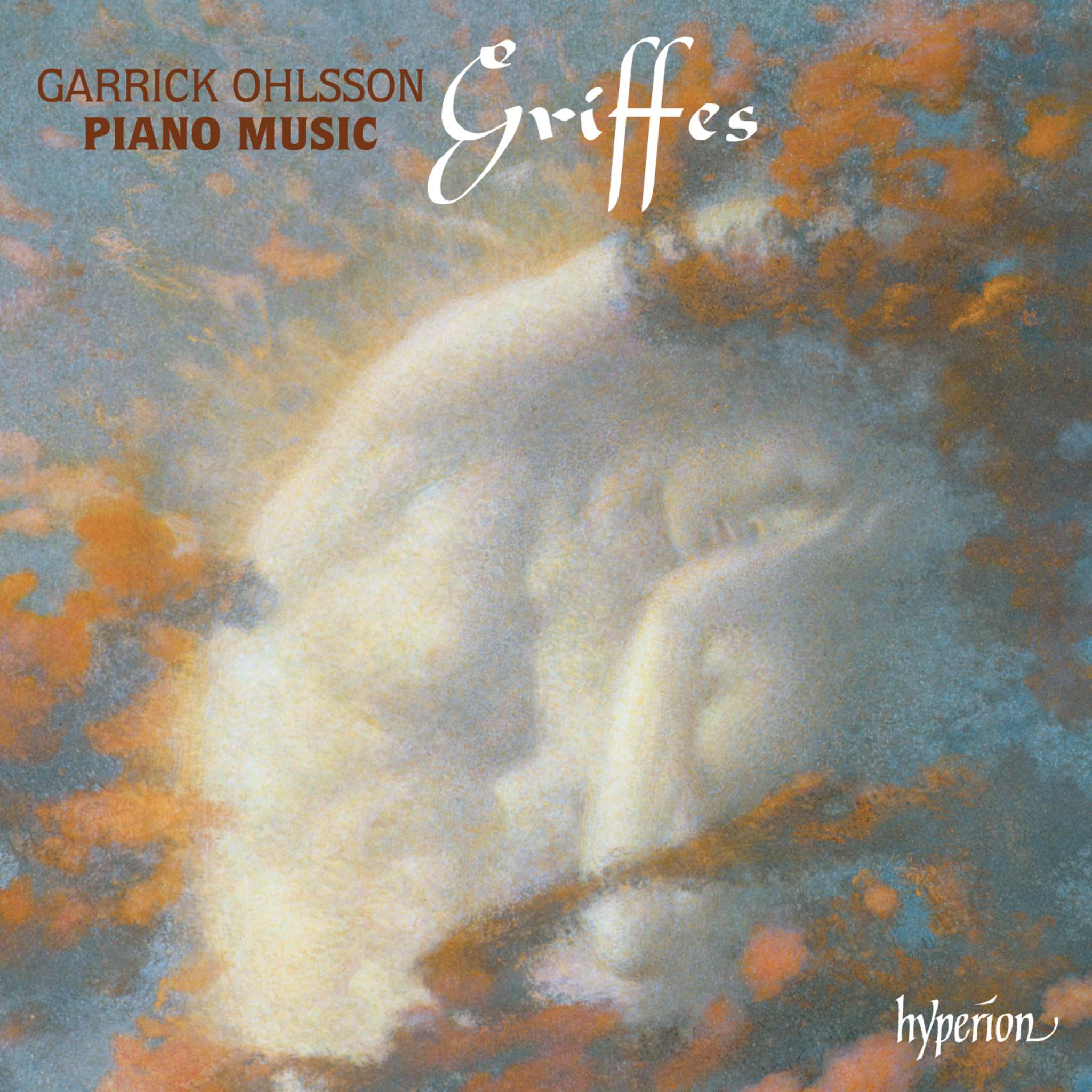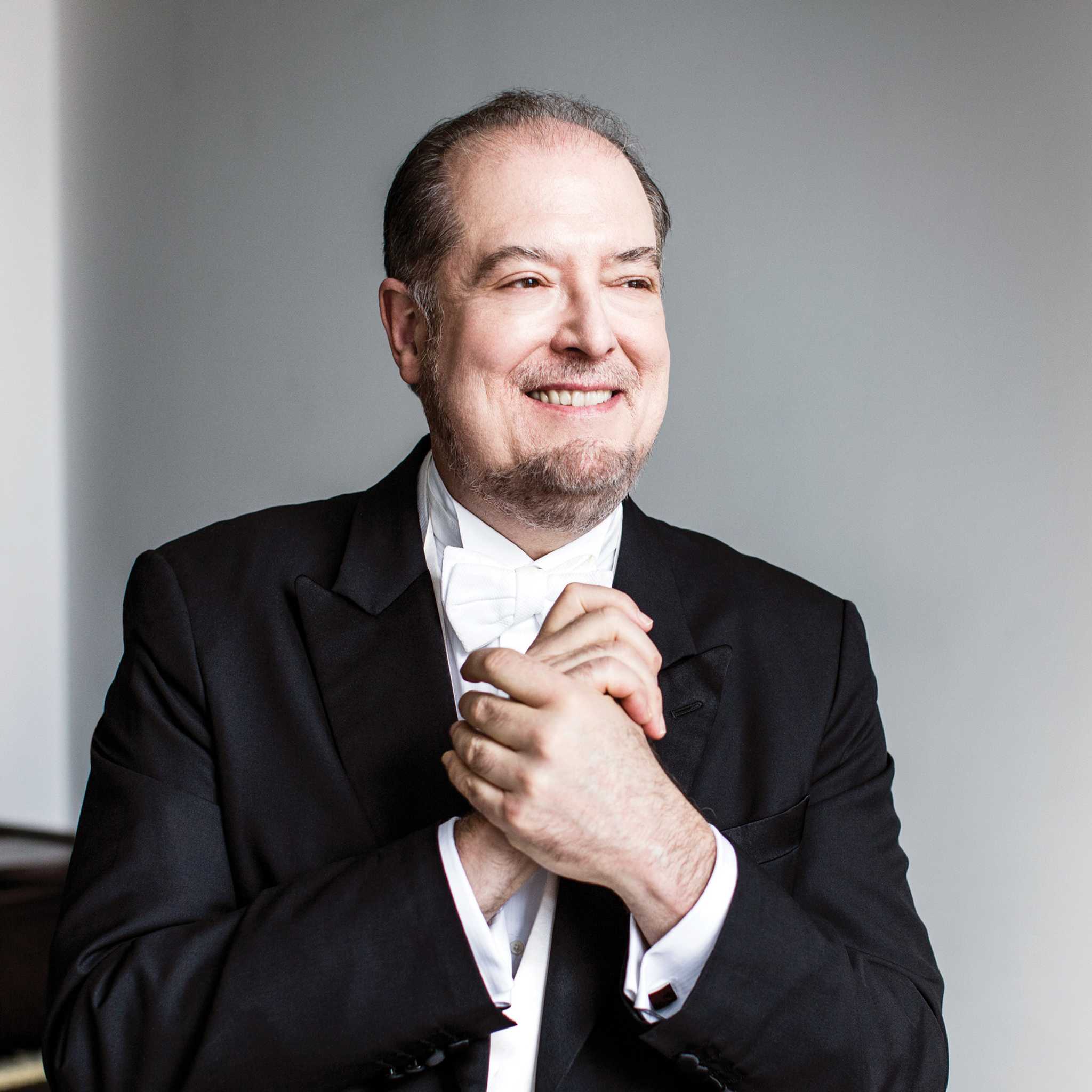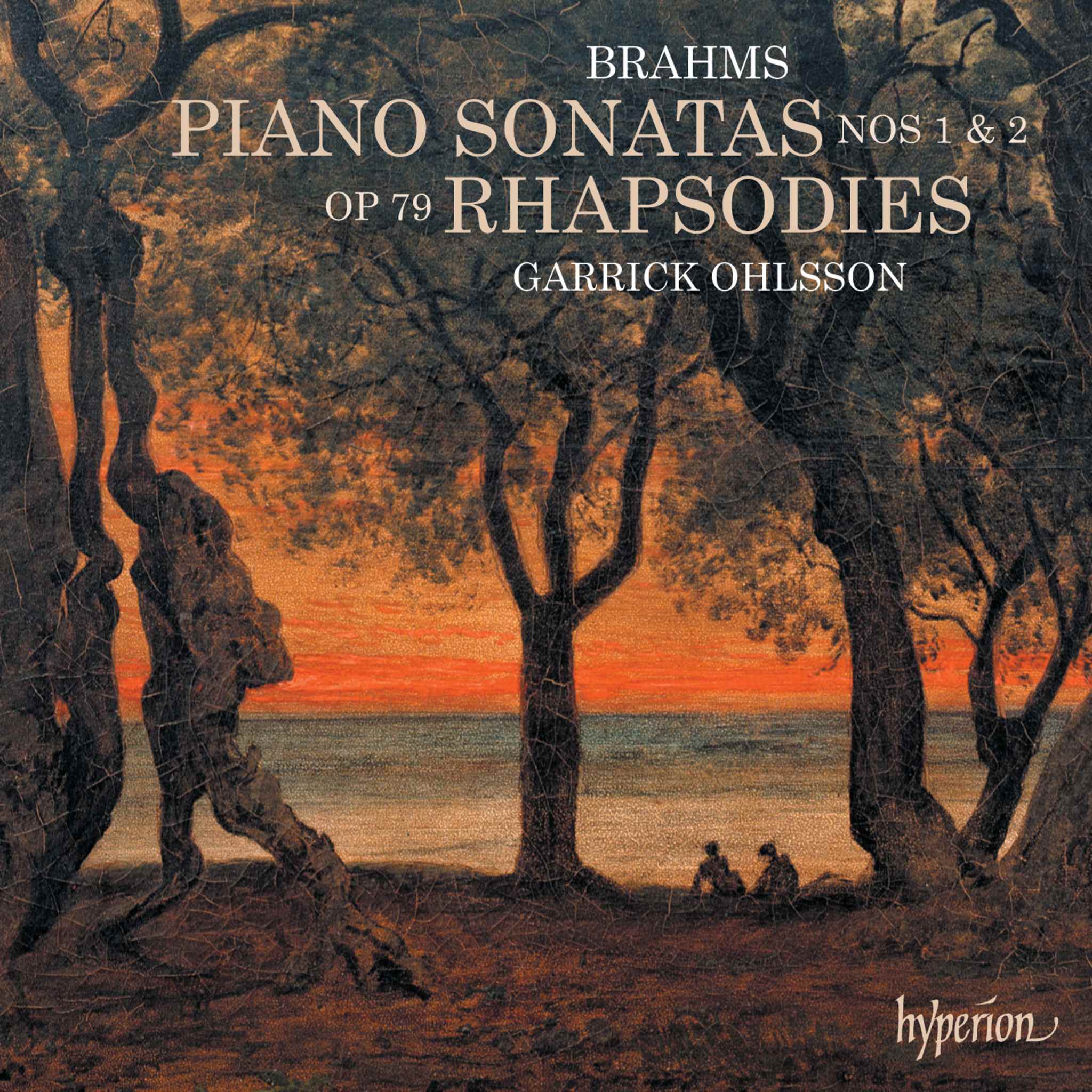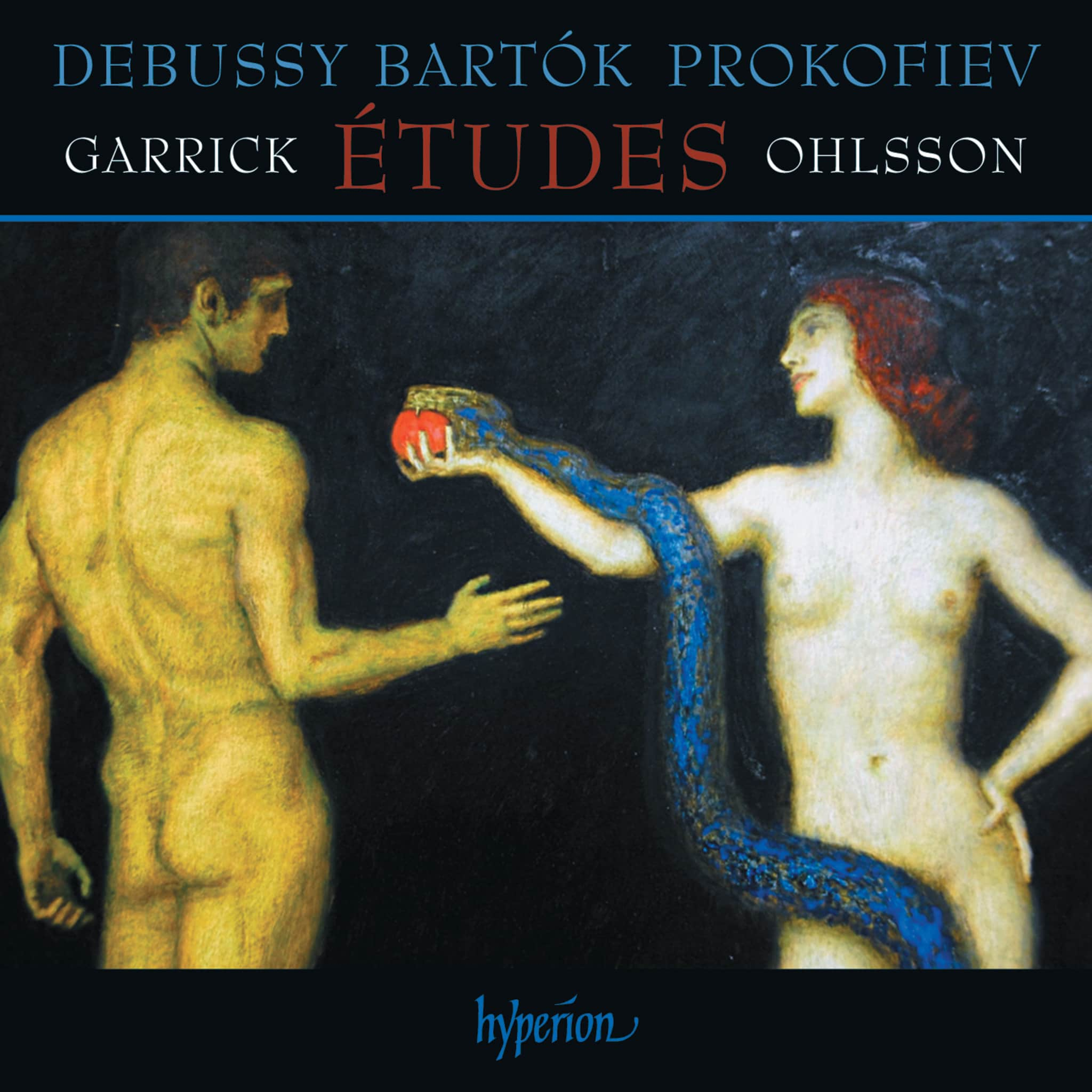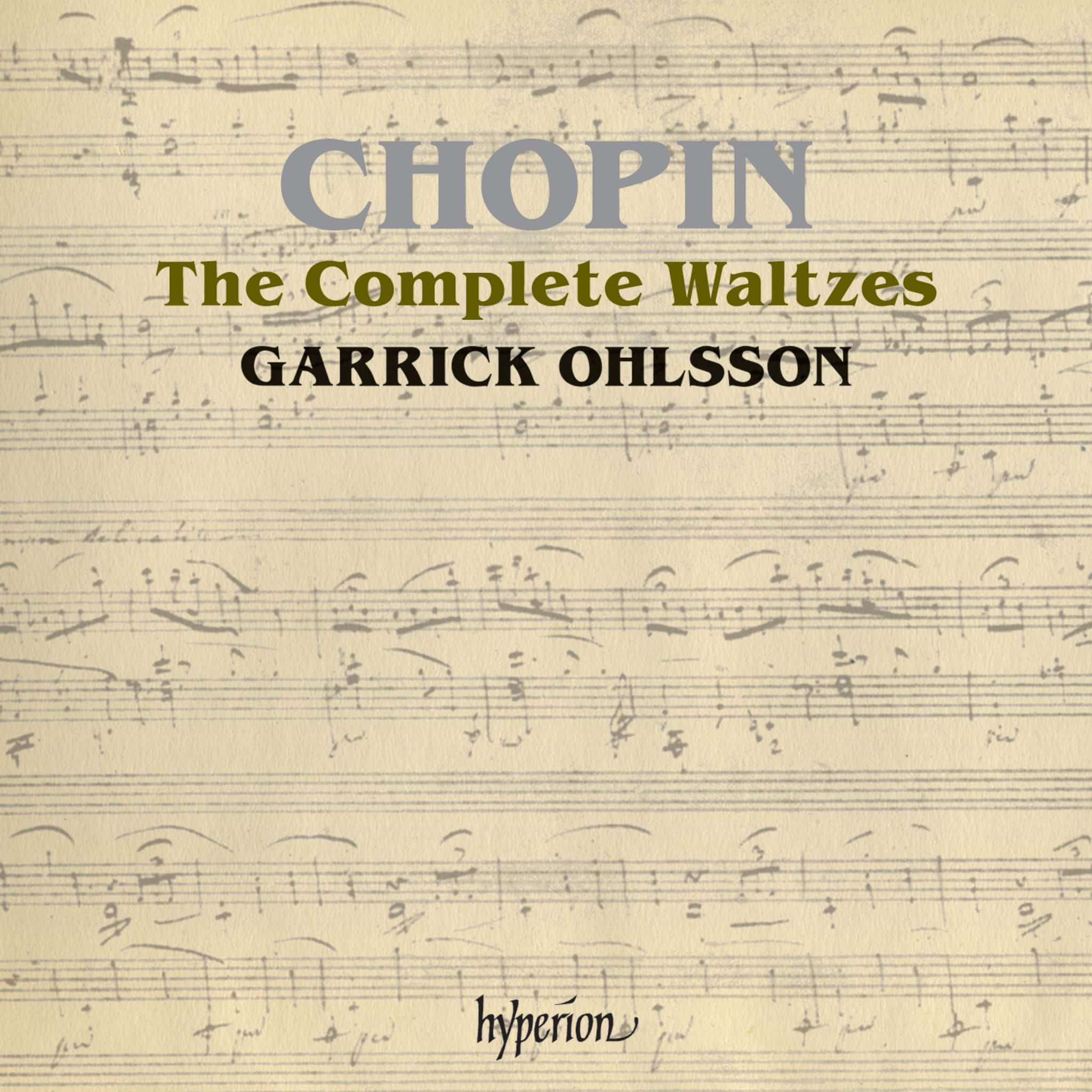Album insights
Two key pieces featured in this recording are considered some of the most personal and passionate chamber music works written by their composers. These pieces were created during wartime, which likely contributed to the intensity of their expressions, albeit in different ways. Rebecca Clarke, who referred to herself as a "violist and composer," spent time during World War I touring with her chamber music partner, cellist May Mukle, in the United States. Clarke's relationship with her father, who had a love for music despite his violent nature, was moving. She left her family due to her father's numerous affairs with young women living with them. Clarke pursued a career in music and composition, excelling notably in chamber music as one of the most sought-after violists of her generation. Likewise, Frank Bridge, a respected chamber and orchestral musician, composed various instrumental pieces for the pre-World War I market, demonstrating skill, elegance, and meticulous craftsmanship.
Bridge, like Clarke, transitioned to playing the viola to expand his career opportunities, excelling in chamber music. Elizabeth Coolidge, a prominent figure in promoting chamber music in the early 20th century, recognized Clarke's talent by awarding her several prizes and commissions. Coolidge was instrumental in supporting and providing opportunities for other British composers, including Frank Bridge, who dedicated most of his future chamber music compositions to her. Despite the challenges he faced during the war, Bridge completed his emotionally charged Cello Sonata in D minor, showcasing his profound reflections on the turmoil of the time. The Sonata, well-received and frequently performed, marked a significant point in Bridge's composing career.
Both Clarke and Bridge were influenced by traditional folk music but did not align with the English folk-song school. Ralph Vaughan Williams, a notable figure in the movement, played a vital role in capturing and applying folk melodies to his compositions, showcasing their unique characteristics. Vaughan Williams' dedication to folk music extended to his arrangements for various settings, demonstrating a deep appreciation for traditional tunes within the British cultural context.
In conclusion, the works of Rebecca Clarke and Frank Bridge reflect their distinctive approaches to composition, drawing upon personal experiences and the musical landscape of their time. Their contributions to chamber music and incorporation of folk music elements have earned them a place among the notable English composers of the early 20th century, further enriched by collaborations and support from influential figures like Elizabeth Coolidge.

